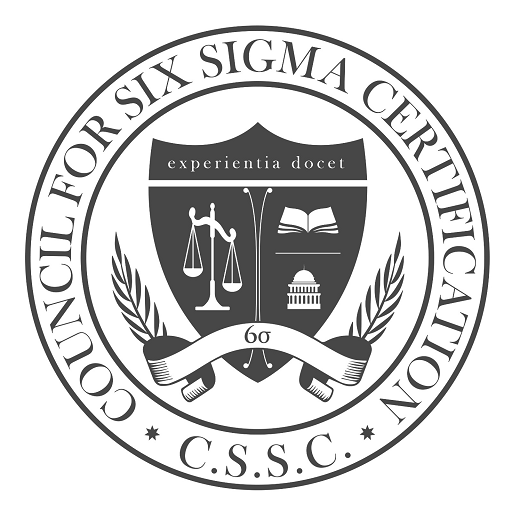Lean Six sigma concept in Chennai

Lean Six sigma concept in Chennai represents a powerful approach to process improvement and optimization, drawing from two distinct yet complementary methodologies: Lean and Six Sigma. At its core, Lean focuses on identifying and eliminating waste to streamline processes and maximize value delivery to customers. Six Sigma, on the other hand, emphasizes reducing variation and defects in processes to achieve consistent and predictable results. By integrating these methodologies, Lean Six Sigma provides organizations with a comprehensive toolkit for driving efficiency, quality, and customer satisfaction.
Central to Lean Six Sigma is the concept of continuous improvement, which involves systematically identifying opportunities for enhancement and implementing changes to achieve incremental gains over time. This philosophy encourages organizations to adopt a mindset of ongoing learning, innovation, and adaptation to meet evolving customer needs and market dynamics. Through the application of Lean Six Sigma principles, organizations can cultivate a culture of excellence, where every employee is empowered to contribute to the improvement of processes and outcomes.
The Lean Six Sigma methodology is structured around the DMAIC framework: Define, Measure, Analyze, Improve, and Control. In the Define phase, project goals and objectives are clearly established, laying the groundwork for subsequent activities. The Measure phase involves quantifying the current state of the process, gathering relevant data, and establishing baseline performance metrics to understand the scope of improvement opportunities. Next, in the Analyze phase, data is analyzed to identify root causes of inefficiencies, defects, or variations within the process, enabling informed decision-making and targeted interventions.
The Improve phase is where solutions are generated and implemented to address identified issues and optimize process performance. This stage often involves experimentation, pilot testing, and collaboration across functional areas to ensure the effectiveness and sustainability of proposed changes. Finally, in the Control phase, mechanisms are put in place to monitor, measure, and sustain the improvements achieved. Control plans, performance metrics, and ongoing monitoring help to ensure that processes remain stable and continue to deliver desired outcomes over time.
Key to the success of Lean Six Sigma initiatives is the utilization of various tools and techniques to support each phase of the DMAIC process. These include value stream mapping, 5S methodology, kanban systems, statistical process control, root cause analysis tools, and design of experiments, among others. By leveraging these tools effectively, organizations can systematically identify areas for improvement, analyze data, and implement targeted solutions to drive tangible results.
Moreover, effective leadership and change management are essential components of successful Lean Six Sigma implementations. Strong leadership fosters a culture of continuous improvement, where employees are empowered to identify and address issues proactively. Change management practices help to mitigate resistance to change, engage stakeholders, and ensure the successful adoption and sustainability of process improvements.

